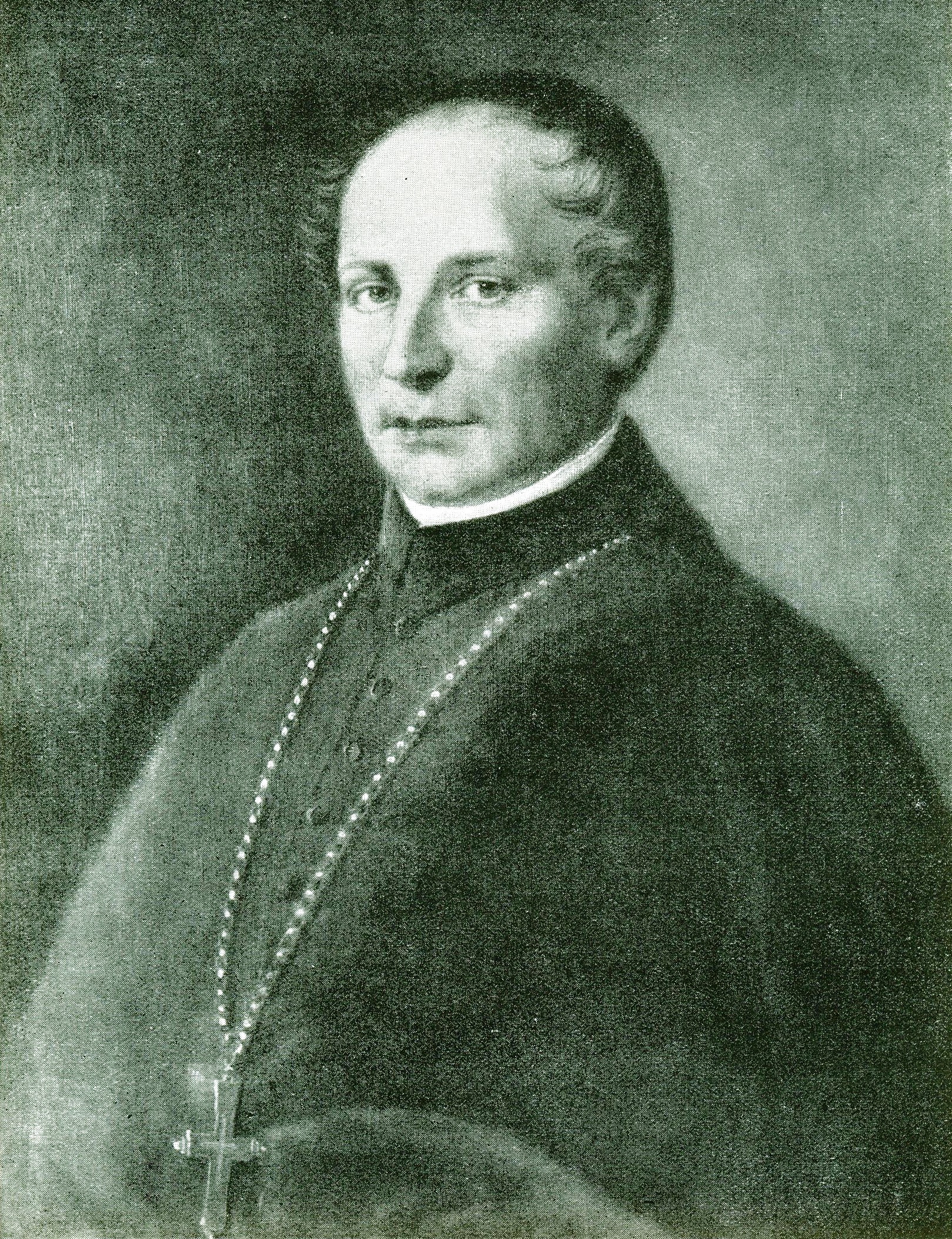Melchior Von Diepenbrock on:
[Wikipedia]
[Google]
[Amazon]
 Melchior, Freiherr von Diepenbrock (6 January 1798 at Bocholt in
Melchior, Freiherr von Diepenbrock (6 January 1798 at Bocholt in
Melchior Diepenbrock
- Encyclopedia of Revolutions of 1848 , - {{DEFAULTSORT:Diepenbrock, Melchior von 1798 births 1853 deaths People from Bocholt, Germany 19th-century German cardinals Cardinals created by Pope Pius IX Prince-Bishops of Breslau Members of the Diet of Austrian Silesia Members of the Frankfurt Parliament German military personnel of the Napoleonic Wars
 Melchior, Freiherr von Diepenbrock (6 January 1798 at Bocholt in
Melchior, Freiherr von Diepenbrock (6 January 1798 at Bocholt in Westphalia
Westphalia (; german: Westfalen ; nds, Westfalen ) is a region of northwestern Germany and one of the three historic parts of the state of North Rhine-Westphalia. It has an area of and 7.9 million inhabitants.
The territory of the regio ...
– 20 January 1853 at the castle of Johannesberg in Jauernig) was a German Catholic Prince-Bishop of Breslau and Cardinal.
Life
He attended the military academy atBonn
The federal city of Bonn ( lat, Bonna) is a city on the banks of the Rhine in the German state of North Rhine-Westphalia, with a population of over 300,000. About south-southeast of Cologne, Bonn is in the southernmost part of the Rhine-Ru ...
and took part in the campaign against France in 1815 as an officer of the militia. Upon his return he was much attracted by the personality of Johann Michael Sailer
Johann Michael Sailer (17 October 1751, in Aresing – 20 May 1832, in Regensburg) was a German Jesuit theologian and philosopher, and Bishop of Regensburg. Sailer was a major contributor to the Catholic Enlightenment.
Biography
Sailer was born ...
, a friend of the family, at that time professor at the University of Landshut
The University of Applied Sciences Landshut (''Hochschule für angewandte Wissenschaften Landshut'') is a Fachhochschule in Landshut, between Munich and Regensburg, with over 5000 students and over 100 professor
Professor (commonly abbr ...
in Bavaria, and studied public finance at that institution. When Sailer was made Bishop of Ratisbon
The Bishops of Regensburg ( Ratisbon) are bishops of the Roman Catholic Diocese of Regensburg, Bavaria, Germany.
, Diepenbrock followed him there, took up the study of theology, and was ordained priest 27 December 1823.
In 1835 he was made dean of the cathedral and vicar-general by the successor of Bishop Sailer. His knowledge of modern languages and his administrative ability, together with his understanding of the interior life and his ascetical character, paved the way for his elevation to the episcopal See of Breslau, to which he was elected on 15 January 1845. He at first declined the honor, but finally accepted out of obedience to the mandate of Pope Gregory XVI
Pope Gregory XVI ( la, Gregorius XVI; it, Gregorio XVI; born Bartolomeo Alberto Cappellari; 18 September 1765 – 1 June 1846) was head of the Catholic Church and ruler of the Papal States from 2 February 1831 to his death in 1 June 1846. He ...
.
From the beginning of his reign he was called to face difficult problems and momentous political events. There was famine in Upper Silesia. The Revolution of 1848
The Revolutions of 1848, known in some countries as the Springtime of the Peoples or the Springtime of Nations, were a series of political upheavals throughout Europe starting in 1848. It remains the most widespread revolutionary wave in Europe ...
showed him one of the most loyal supporters of government, law, and order. The pastoral letter which he issued on this occasion was, by order of the king, read in all the Protestant churches of the realm. He devoted his energies to the training of the clergy, opened a preparatory seminary, and improved the conditions of the higher seminary. He was a watchful guardian of ecclesiastical discipline and, when necessary, employed severe measures to enforce it. He reintroduced retreats for the priests and missions for the people.
In 1849 he was appointed Apostolic delegate for the Prussian army. He was created cardinal in the consistory
Consistory is the anglicized form of the consistorium, a council of the closest advisors of the Roman emperors. It can also refer to:
*A papal consistory, a formal meeting of the Sacred College of Cardinals of the Roman Catholic Church
* Consistor ...
of 20 September 1850, and received the purple 4 November. This event gave occasion to one of the most magnificent public demonstrations ever witnessed in Germany. It was soon followed by the cardinal's death from disease.
His will bequeathed his estate to his diocese. In personal appearance he was of dignified presence, but pleasant and affable to all.
Works
He was a noted preacher and poet. His principal publications are: "Spiritual Bouquet, Gathered in Spanish and German Gardens of Poesy" (Sulzbach, 1826); "Life and Writings of Heinrich Suso" (Ratisbon, 1829); "Sermons" (Ratisbon, 1841); "Pastoral Letters" (Munster, 1853); "Personal Letters" (Frankfort, 1860).References
*Chowanetz, Life of Cardinal von Diepenbrock (Osnabruck, 1853) *Forster, Life of Cardinal von Diepenbrock (Ratisbon, 1859) *Cardinal von Diepenbrock (Bonn, 1878) *Karker in KirchenlexikonExternal links
*Melchior Diepenbrock
- Encyclopedia of Revolutions of 1848 , - {{DEFAULTSORT:Diepenbrock, Melchior von 1798 births 1853 deaths People from Bocholt, Germany 19th-century German cardinals Cardinals created by Pope Pius IX Prince-Bishops of Breslau Members of the Diet of Austrian Silesia Members of the Frankfurt Parliament German military personnel of the Napoleonic Wars